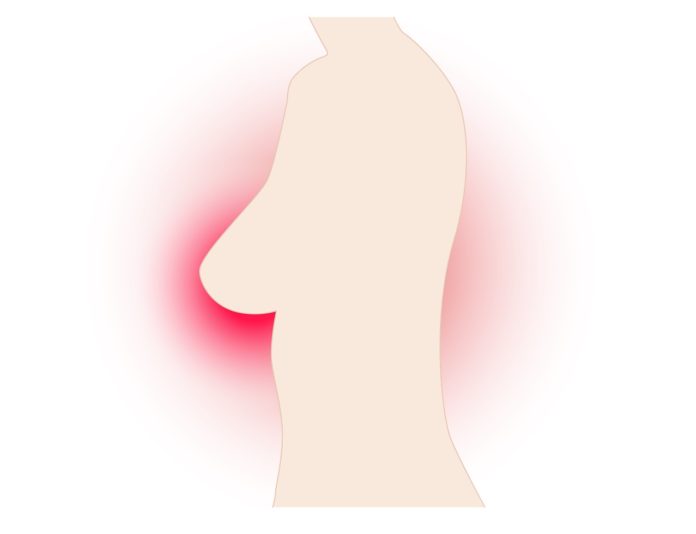Changes in the BRCA1/2 mutations can prompt breast or ovarian tumors. In a new study by Columbia University, scientists begin to decipher the mechanisms that control this process.
Scientists identified three qualities in BRCA1/2-inadequate cells that fuel genome unsteadiness amid a basic DNA repair process, causing sores that can prompt tumor development.
BRCA1/2 – supposed tumor-silencer qualities – help guarantee that bosom and ovarian cells develop and isolate at a typical pace. In the event that these qualities progress toward becoming transformed, cells are probably going to duplicate wildly, a typical prelude to malignancy.
At the point when a cell repeats, DNA twofold helixes must loosen up and isolated, which every half filling in as a layout for the union of another twofold strand. As the strands independent, the two parts, or prongs, shape what is known as a replication fork. In the event that the recreating DNA is focused on, BRCA1/2 help keep the forks from being debased along these lines dodging genomic precariousness.
Study leader Alberto Ciccia, Ph.D., said, “Our studies raise the possibility that inhibition of these genes could reduce the occurrence of breast and ovarian cancer in BRCA1/2 mutation carriers.”
“We are currently conducting experiments to test this hypothesis.”
Scientists discovered that 3 newly characterized genes – SMARCAL1, ZRANB3, and HLTF – cause the degradation of forks in cells with mutated BRCA1/2. Depletion of these factors restores fork integrity and reduces genome instability in BRCA1/2-deficient cells, thus suppressing potentially damaging DNA lesions that could favor cancer development.
They also showed that hindrance of SMARCAL1 in BRCA1-insufficient bosom tumor cells made protection chemotherapy, recognizing another chemoresistance system in this type of bosom growth.
“Restoration of Replication Fork Stability in BRCA1- and BRCA2-Deficient Cells by Inactivation of SNF2-Family Fork Remodelers.” Molecular Cell, Volume 68, Issue 2, p414–430.e8, 19 October 2017
